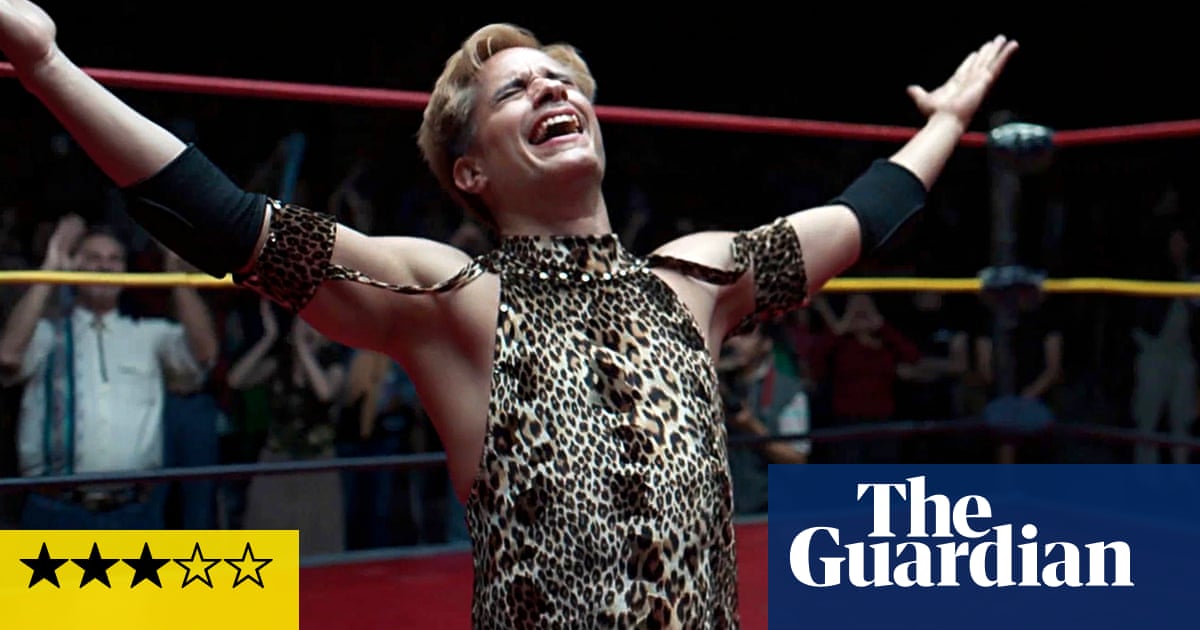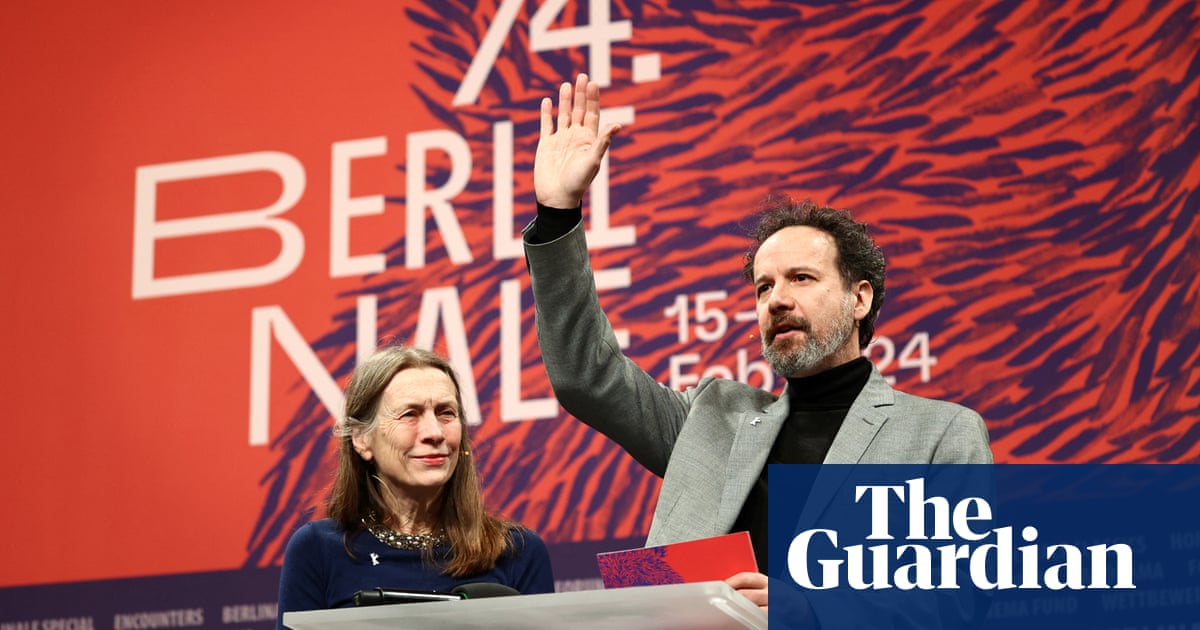
In the macho world of Mexican lucha libre wrestling, “exóticos” are male fighters who compete in drag. Mostly they are straight, but this heartfelt and sweet drama based on real events tells the story of Saúl Armendáriz, an openly gay wrestler who shot to fame as an exótico in the early 90s. It gives Gael García Bernal his best role in years: Saúl is funny, infectiously upbeat, sometimes heartbreakingly vulnerable. He radiates the kind of magnetism that made him a world cinema it-boy in the early 00s (notably in another cross-dressing role: Pedro Almodóvar’s Bad Education).
Bernal’s Saúl begins his wrestling career using a male alter ego, El Topo. As everyone knows, wrestling is rigged, and since Saúl is slightly built he is forever cast as the “runt” in fights, the character ordered by promoters to lose against wardrobe-sized men with names such as Gigántico (played here by a real-life wrestler scarily named Murder Clown). It’s Saúl’s trainer Sabrina (Roberta Colindrez) – a female wrestler, an outsider too – who suggests he fights as an exótico. At first Saúl is not keen; for a start, exóticos always lose as well.
Director Roger Ross Williams made a documentary short about Armendáriz in 2016, The Man Without a Mask, which showed how the role of exótico traditionally existed to reinforce negative gay stereotypes. Cross-dressing wrestlers performed grotesque caricatures of feyness, which was an evil to be crushed by manly, hetero opponents. The audience whoops and jeers with homophobic slurs; order is restored. It’s grim.
When Saúl steps into the ring for the first time as Cassandro, accompanied by a Mexican version of I Will Survive, he is wearing a leopard-print leotard stitched together from a dress belonging to his mum. His character is flamboyantly gay but also proud and powerful. The crowd warms to his charisma – roaring with laughter when Cassandro sits on top of her opponent, theatrically grinding him. I wondered if the speed with which Cassandro wins over audiences in this film – local, then national – underplays the intensity of the homophobia Armendáriz faced in real life. (In interviews he has been open about his struggles with mental health.) Yet the focus is on his star quality and the qualities that made him a pioneer: sunniness, grit, passion for his sport, the unconditional love and support of his mother, and his unbreakable confidence to be himself. It’s undeniably heartwarming.












